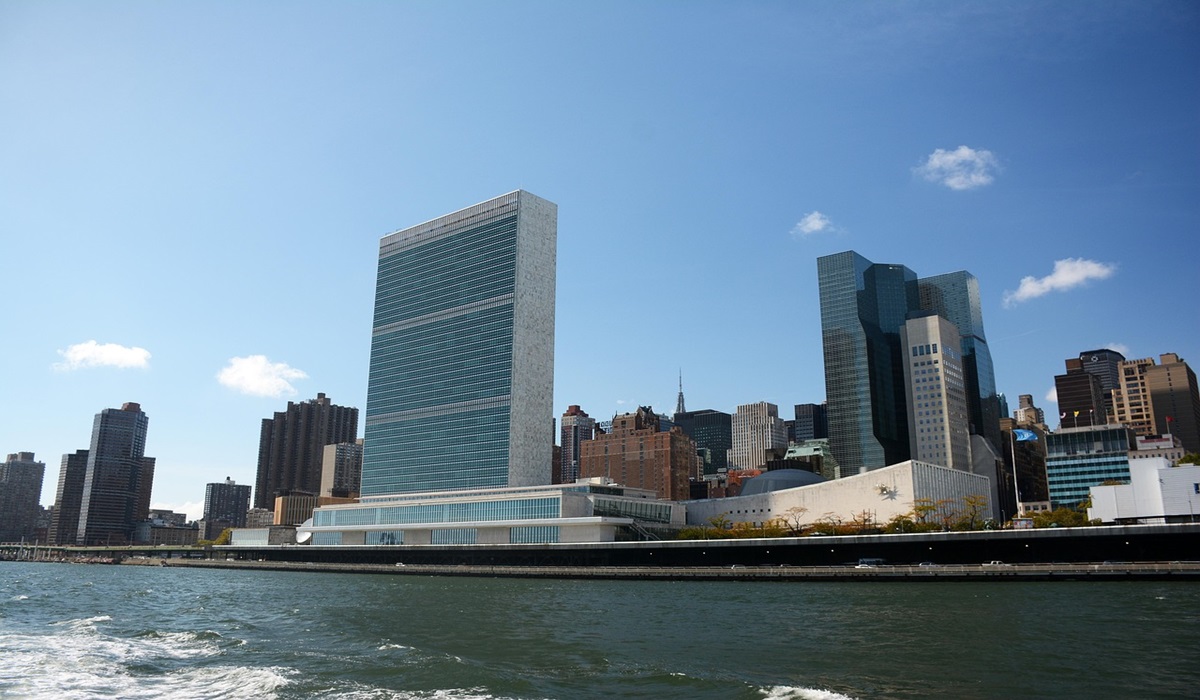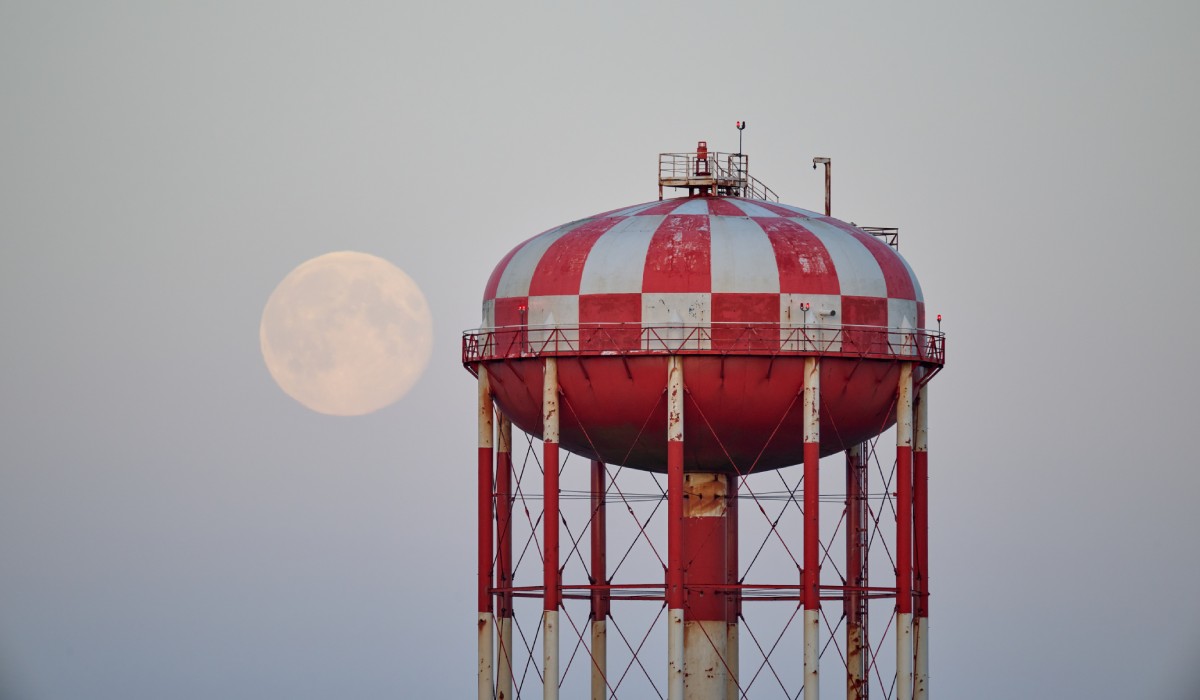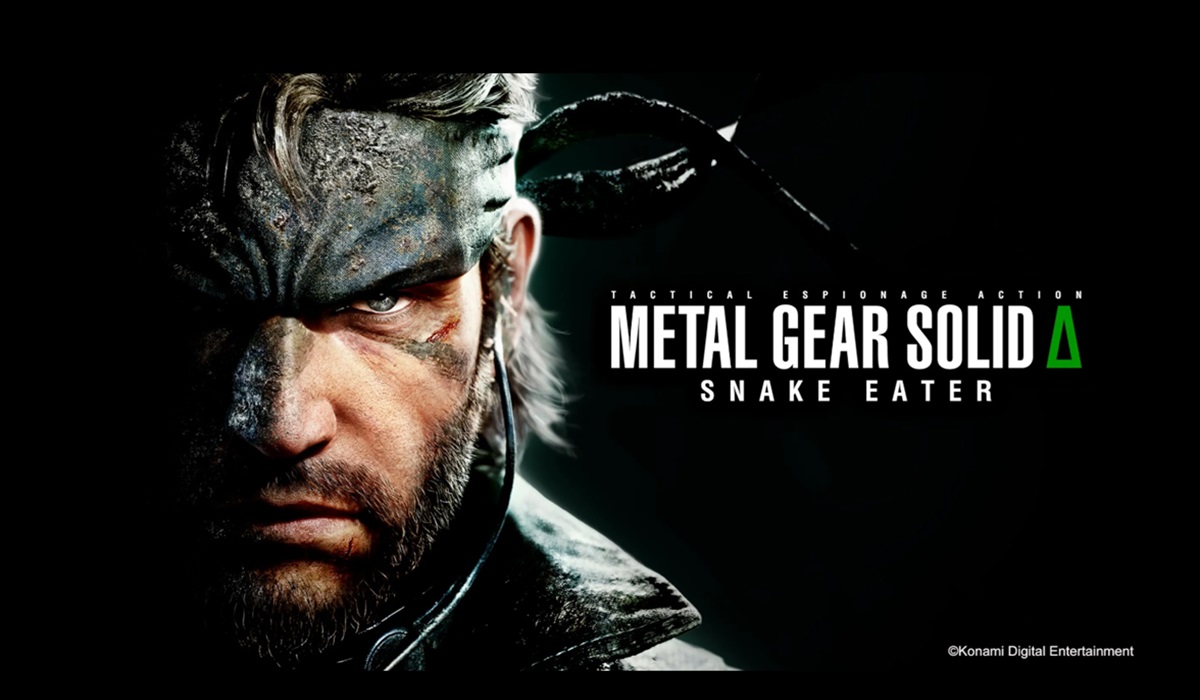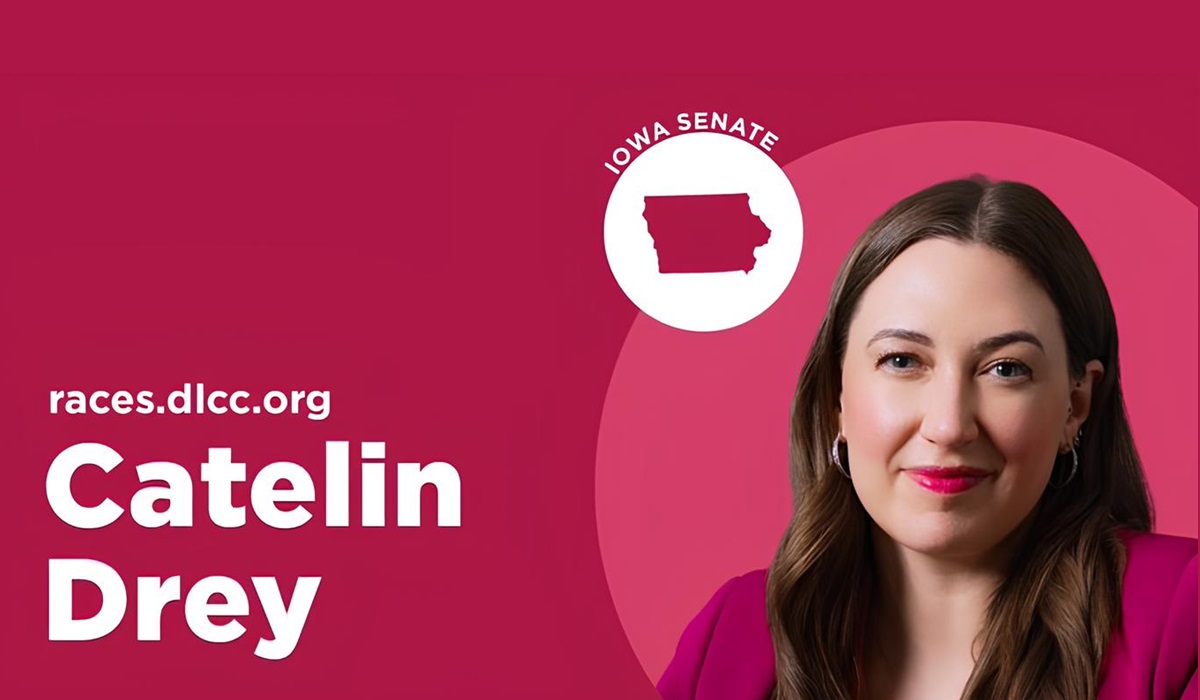When a U.S. General Speaks, Presidents Die: Is Traoré Next?
- TDS News
- Trending News
- Africa
- May 14, 2025
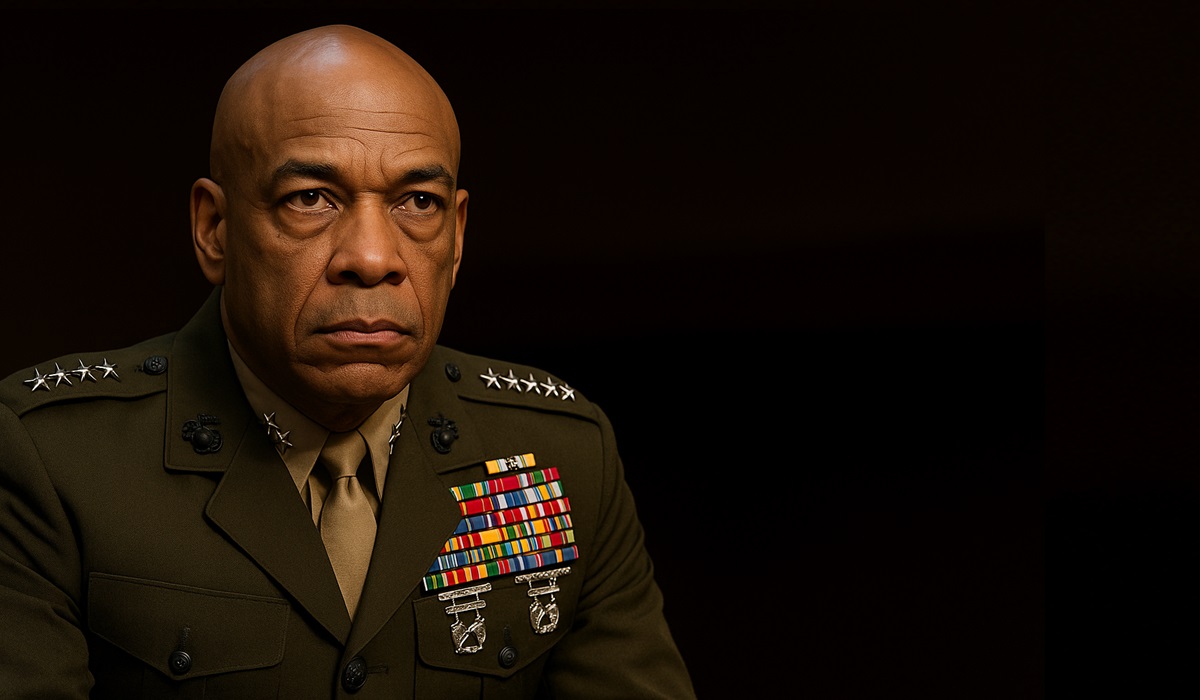
Weeks may have passed since U.S. AFRICOM General Michael Langley testified before the Senate Armed Services Committee, but the reverberations of his words are still being felt across the African continent—most notably in Burkina Faso. His veiled accusations that President Ibrahim Traoré is using gold reserves to fund terrorism weren’t just insulting—they were dangerous. And let’s not sugar-coat this: when a senior American general points the finger at a leader of an African nation, history tells us exactly where that leads.
Let’s unpack the full weight of Langley’s implication. Burkina Faso, under President Traoré, has finally done what Western nations never wanted it to do—gain control of its own gold. For decades, France, the United States, and Canada extracted unrefined gold from African soil, refined it abroad, profited immensely, and sold it back to the continent at a premium. That’s colonial economics 101. But now? Burkina Faso has built its own refinery. The wealth of the land is staying in the hands of the people. And suddenly, now, that’s a problem. Suddenly, Burkina Faso is suspect.
Langley’s framing of Traoré’s leadership as destabilizing and tied to extremism isn’t just a diplomatic jab—it’s a dog whistle to the intelligence and defense establishment. These aren’t idle words. They’re pretext. We’ve seen this script play out too many times to pretend otherwise.
When the United States or France targets a foreign leader, especially in a country rich with natural resources, the outcomes are chillingly predictable: assassinations, coups, chaos, and puppet regimes installed to serve Western interests. The West has a long, blood-stained legacy of intervening—covertly or overtly—in the affairs of sovereign nations under the guise of fighting terrorism or defending democracy.
Let’s Revisit the Scorecard of Overthrows: A Brutal History of Empire by Bullet and Bribe
United States: 25 Governments Removed, 25 Nations Broken
- Patrice Lumumba (Congo, 1961)
Lumumba was the first democratically elected Prime Minister of the Congo and a fervent Pan-Africanist who threatened Western mining interests by demanding sovereignty over Congo’s vast mineral wealth. The CIA orchestrated his kidnapping and assassination, plunging the country into decades of dictatorship and bloody resource wars that continue to this day. - Mohammad Mossadegh (Iran, 1953)
Mossadegh nationalized Iran’s oil to end foreign exploitation. In response, the CIA and British intelligence staged a coup that removed him from power. This ushered in decades of repressive rule under the Shah, which ultimately led to the 1979 Islamic Revolution and enduring U.S.-Iranian hostilities. - Salvador Allende (Chile, 1973)
Allende was a democratically elected socialist who threatened U.S. business interests in copper and telecommunications. The CIA backed a military coup led by General Pinochet, during which Allende died. What followed was a 17-year dictatorship marked by mass torture, executions, and economic “shock therapy” favorable to American corporations. - Jacobo Árbenz (Guatemala, 1954)
Arbenz dared to redistribute land held by the U.S.-based United Fruit Company to landless peasants. The CIA labeled him a communist and overthrew him, installing a military junta. Guatemala spiraled into four decades of civil war, genocide, and economic ruin. - Muammar Gaddafi (Libya, 2011)
After years of Western sanctions, Gaddafi’s pan-African vision and push for a gold-backed African currency made him a target. A NATO-led mission—strongly backed by the U.S.—destroyed Libya’s infrastructure and ended with his brutal murder. The once-stable country descended into chaos, civil war, and became a hub for slave trafficking. - Ngo Dinh Diem (South Vietnam, 1963)
Diem was a staunch anti-communist ally of the U.S., but his authoritarian rule became inconvenient. Washington approved a military coup that ended in his assassination. Vietnam was plunged into deeper war, setting the stage for the catastrophic U.S. invasion. - Rafael Trujillo (Dominican Republic, 1961)
Though a U.S. ally for decades, Trujillo’s excesses and independence eventually made him expendable. The CIA backed his assassination. The power vacuum led to U.S. troops invading the country in 1965, claiming to restore order, but in truth to install a more obedient regime. - Jean-Bertrand Aristide (Haiti, 1991 & 2004)
Aristide was a populist leader who challenged neoliberal policies and called for reparations from France. The U.S. helped oust him twice. Haiti descended into chronic instability, and international NGOs—many backed by Western donors—stepped in as quasi-governments. - Manuel Noriega (Panama, 1989)
Noriega, once a CIA asset, became a liability. The U.S. invaded Panama in a campaign that killed thousands. Noriega was captured and extradited, while Panama’s banking and canal systems were “reformed” under U.S. influence. - Slobodan Milošević (Yugoslavia, 1999–2001)
Bombed into submission by NATO under the pretext of humanitarian intervention, Milošević was later overthrown and imprisoned. Yugoslavia disintegrated into Western-dependent microstates while American contractors and investors moved in. - Thomas Sankara (Burkina Faso, 1987)
An icon of anti-imperialism, Sankara promoted food self-sufficiency, women’s rights, and pan-African unity. He was assassinated in a coup led by Blaise Compaoré with suspected French and U.S. backing. Burkina Faso fell back into economic servitude. - Omar Torrijos (Panama, 1981)
Torrijos secured a deal to return the Panama Canal to Panamanian control. He died in a mysterious plane crash, widely suspected to involve U.S. intelligence. His death halted Panama’s full independence for years. - Laurent-Désiré Kabila (DR Congo, 2001)
Kabila resisted Western interference in Congo’s mining contracts. He was assassinated in his palace under suspicious circumstances. Multinational companies quickly returned, and Congo continued to bleed under proxy wars. - Hugo Chávez (Venezuela, 2002 attempted coup)
His resistance to IMF policies and nationalization of oil infuriated Washington. Though the coup failed, declassified documents show the U.S. was involved. Economic sabotage and destabilization have persisted ever since. - Che Guevara (Bolivia, 1967)
Although not a head of state, Che’s revolutionary influence made him a CIA target. He was captured and executed in Bolivia, quelling leftist movements across the Americas and cementing U.S. influence. - Ali Abdullah Saleh (Yemen, 2011)
Once supported by the U.S. in its “war on terror,” Saleh was forced out when his allegiance became unreliable. His fall contributed to the ongoing proxy war that has left Yemen in ruins. - Fulgencio Batista (Cuba, 1959)
The U.S.-backed dictator was overthrown by Fidel Castro’s revolution. Though not overthrown by the U.S., Batista’s fall prompted over 600 failed CIA attempts to assassinate Castro and decades of blockade and sabotage. - Sukarno (Indonesia, 1965)
Sukarno’s neutral stance in the Cold War angered the U.S. The CIA supported a military coup by General Suharto, resulting in the massacre of over 500,000 Indonesians. Suharto’s dictatorship gave U.S. firms lucrative access to Indonesia’s resources. - Mohammed Najibullah (Afghanistan, 1996)
The U.S.-funded Mujahideen ousted Najibullah during the Cold War. His corpse was hung in public by the Taliban. The resulting chaos became the breeding ground for al-Qaeda and a 20-year U.S. war. - João Goulart (Brazil, 1964)
Goulart’s reforms threatened multinational oil companies. The CIA supported a military coup that installed a dictatorship lasting 21 years. Brazil became a testing ground for corporate-friendly economic models. - Juan Bosch (Dominican Republic, 1965)
A social reformer and democratically elected, Bosch was deposed by a military junta. When supporters tried to restore him, the U.S. invaded, installing a regime that would serve American business interests. - Kwame Nkrumah (Ghana, 1966)
Africa’s foremost Pan-Africanist, Nkrumah was overthrown with U.S. and British support. His dream of a united Africa was buried. Ghana endured decades of corruption and IMF control. - Makarios III (Cyprus, 1974)
Makarios sought to maintain neutrality during the Cold War. A coup orchestrated by the Greek military junta and backed by NATO ousted him. Cyprus remains divided to this day. - Sékou Touré (Guinea)
Though never overthrown, Touré resisted French control at great cost. France attempted multiple assassinations and sabotage operations against his regime, demonstrating its desperation to hold colonial influence. - Ali Bongo (Gabon, 2023)
Though framed as internal unrest, the speed at which foreign corporations renegotiated mining contracts post-coup raised serious questions about Western complicity in Bongo’s removal.
France: 20 Regime Changes Cloaked in Silence and Soft Power
- Thomas Sankara (Burkina Faso, 1987)
Sankara was a revolutionary leader who challenged French neocolonial control, abolished the use of the CFA franc, and pursued bold policies of self-reliance and Pan-Africanism. His assassination in a coup led by Blaise Compaoré, a man with deep ties to Paris, marked the end of Africa’s most hopeful anti-imperialist experiment. France looked the other way while one of Africa’s brightest stars was extinguished. - François Bozizé (Central African Republic, 2003)
Bozizé seized power with implicit French support, but once he turned toward Chinese partnerships and away from French influence, Paris backed international military intervention. France’s role in removing him left the CAR fractured, inviting years of conflict and the reassertion of Western-backed interim leaders. - Laurent Gbagbo (Ivory Coast, 2011)
When Gbagbo refused to accept French-leaning election results, France intervened militarily under the guise of U.N. authority. He was arrested and handed over to the ICC. His rival, Alassane Ouattara—a former IMF official with Western backing—was installed. Ivory Coast became a stable platform for French corporate expansion, especially in cocoa and offshore oil. - Jean-Bédel Bokassa (Central African Republic, 1979)
A self-declared emperor and longtime ally of Paris, Bokassa was overthrown in a French military operation when he became too erratic. France replaced him with a more controllable puppet. Despite years of brutality, France remained silent until he outlived his usefulness. - Sylvanus Olympio (Togo, 1963)
Olympio sought to remove Togo from the CFA franc zone and develop independent relations with the U.S. and Germany. Just days after refusing to pay severance to pro-French soldiers, he was assassinated in a coup. The new regime quickly re-anchored itself to Paris. - Ahmadou Ahidjo (Cameroon, 1982)
Though officially a resignation, Ahidjo’s departure was under pressure amid tensions with his successor and suspicions of covert French involvement. Paris preferred more obedient leadership to oversee its investments in Cameroon’s oil and timber sectors. - Hamani Diori (Niger, 1974)
Diori’s removal in a military coup came after public discontent and famine—but also after he resisted deepening uranium contracts with French firm AREVA. His successor quickly renewed French mining agreements, confirming Paris’s enduring grip. - Modibo Keïta (Mali, 1968)
Keïta’s Marxist policies and rejection of neocolonialism put him in Paris’s crosshairs. He was ousted in a bloodless coup. Mali was swiftly reintegrated into the Francophone bloc and the CFA franc, and the French military resumed training the new government. - Michel Djotodia (CAR, 2014)
Djotodia was the first Muslim president of CAR and came to power after a rebellion. France pressured him to resign when his leadership threatened French-aligned elites. His fall triggered a sectarian war that persists today, with France still deeply embedded. - Habib Bourguiba (Tunisia, 1987)
While not forcibly overthrown, Bourguiba’s removal was orchestrated by his prime minister Ben Ali with French support. France welcomed the transition as it ensured stability and continued access to Tunisia’s economy and coastal surveillance posts. - Sekou Touré (Guinea)
A fierce anti-colonialist who told de Gaulle to his face that Guinea wanted no part in French “independence with strings,” Touré faced years of French economic sabotage, attempted assassinations, and diplomatic isolation. Guinea paid dearly for its defiance. - Manuel Pinto da Costa (São Tomé and Príncipe, 1995)
Pinto da Costa was briefly ousted in a French-linked coup as he shifted away from Francophone influence. Though reinstated, the event made clear that even microstates weren’t safe from French interventionism when their loyalty to Paris wavered. - Didier Ratsiraka (Madagascar, 2002)
When Ratsiraka began cozying up to Asian investors and opposing French corporate monopolies, France supported the opposition. After months of unrest, he was forced into exile. His successor, Marc Ravalomanana, immediately reopened French investment channels. - Hissène Habré (Chad, 1990)
Initially propped up by France and the CIA to counter Gaddafi, Habré was discarded when he became uncontrollable. France quickly backed Idriss Déby, whose rule allowed Total and other firms to continue oil extraction with little interference. - Paul-Émile de Souza (Benin, 1972)
After a series of coups and failed civilian transitions, France backed military leaders who would align with French economic goals. De Souza’s brief presidency ended with another military reshuffle under watchful French eyes. - André Kolingba (CAR, 1993)
Kolingba, a French-trained officer, ruled as a puppet for over a decade. When he began defying IMF reforms and sought broader autonomy, Paris supported multiparty elections and helped usher in a transition. His allies were absorbed into French-backed coalitions. - Ali Soilih (Comoros, 1978)
A progressive reformer and socialist, Soilih was assassinated in a coup led by French mercenary Bob Denard. Paris looked the other way. His replacement rejoined the Franc Zone and reversed Soilih’s secular policies. - Ange-Félix Patassé (CAR, 2003)
Patassé’s removal by Bozizé, with French knowledge, was another shuffle to preserve access to diamond fields. France didn’t intervene to protect the elected president, exposing their preference for order and control over democracy. - Jean-Pierre Bemba (DR Congo, 2008)
While not president, Bemba was a key political figure and warlord whose ICC indictment was heavily backed by French and EU lobbying. His removal cleared the way for resource deals to resume under more cooperative Congolese elites. - Amadou Toumani Touré (Mali, 2012)
A former general-turned-civilian president, Touré was toppled amid rising tensions over French troop deployments and mining contracts. France quickly normalized ties with the junta and refocused attention on securing military bases and uranium access.
Burkina Faso Has What France and the U.S. Want
Gold. Uranium. Strategic location. Political symbolism. President Traoré’s decision to nationalize and refine Burkina Faso’s gold wasn’t just a smart economic move—it was revolutionary. It signaled that the country was no longer willing to play the subordinate role France and the U.S. had written for it. That’s precisely why Langley is treating him like a threat.
France, more than anyone, has the most to lose. Its grip on West Africa has been unravelling. If Burkina Faso succeeds and inspires others to do the same, the Francafrique system—built on decades of exploitation, currency control, and military interventions—collapses. The CFA franc would crumble. The billions in annual extractive wealth transfers would end. And Paris would lose a central pillar of its global economic influence.
This isn’t a warning—it’s an alert. Langley’s words paint President Traoré as a terrorist sympathizer, laying the groundwork for surveillance, sanctions, and potentially military action. The global community must recognize this as the opening shot of a destabilization campaign.
Given this long history—where words are followed by bullets, and where national leaders are followed by foreign-installed puppets—it would be criminally naive to dismiss Langley’s rhetoric as just another Senate soundbite.
Burkina Faso could fall. Its gold could be auctioned off in London or Paris. Its institutions could collapse. Foreign troops could return under the guise of “restoration.” And the African people would once again be left to pick up the pieces—while U.S. and French companies walk off with the spoils.
This moment demands clarity. General Langley’s words are not strategic insight—they are a real and present danger. President Traoré represents a future where Africa is no longer under foreign boots, under economic occupation, or under the thumb of Washington or Paris.



